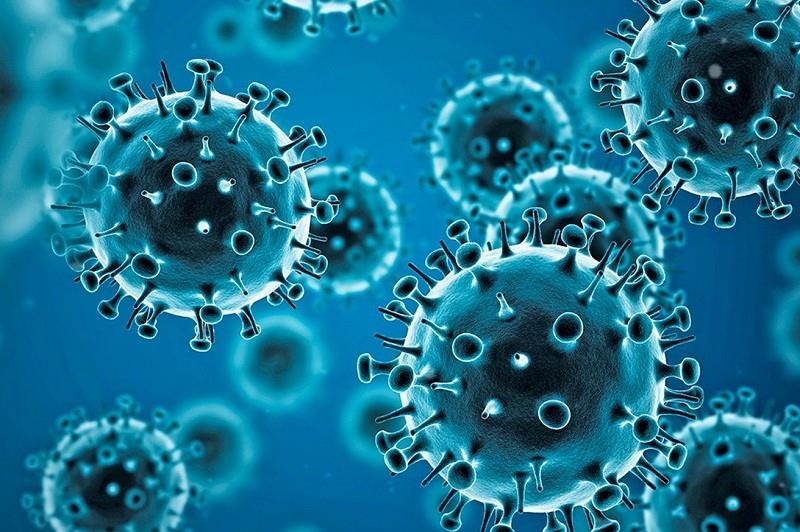
Health Undersecretary Maria Rosario Vergeire on Monday disclosed that the new B.1.1.318 Covid-19 variant, which was first discovered in Mauritius, has been detected in the Philippines.
In a media forum, Vergeire said that the first case of the said variant is still “under monitoring.” It was detected after the latest run comprised of 746 samples collected in March, April, September and October 22.
Despite the detection of the new variant, Vergeire said that there is “no need to panic” and urged the public to observe minimum public health standards.
According to the World Health Organization, the variant under monitoring is a “SARS-CoV-2 variant with genetic changes that are suspected to affect virus characteristics with some indication that it may pose a future risk, but evidence of phenotypic or epidemiological impact is currently unclear, requiring enhanced monitoring and repeat assessment pending [availability of] new evidence.”
The DOH official said that the first case detected has a residential address in Bacolod City, Negros Occidental. The 34-year-old male arrived in the country on March 5, 2021 and had a travel history in the United Arab Emirates.
His sample was collected on March 10.
Vergeire said that the Philippine Genome Center also detected additional:
■ Alpha variant (B.1.1.7): 104 cases (13.94 percent)
■ Beta variant (B.1.351): 166 cases (22.25 percent)
■ Delta variant (B.1.617.2): 380 cases (50.94 percent)
“For our biosurveillance update, we have sequenced 17,893 samples of October 24, of which, 15,882 or 88.76 percent have assigned lineages,” Vergeire said.
Vergeire added that the latest run comprised of
15,882 (88.76 percent) with lineages.
“Please note that the variant B.1.1.318 was not designated yet as a variant under monitoring during the time of sample collection. Also, of the total sequenced samples, incoming international travelers comprise 1,169 or 6.53 percent,” Vergeire said.
“We are doing retrospective sampling to trace the beginnings of the Delta variant introduction to the country as well as the earliest cases,” Vergeire explained.
Of the 15,882 samples assigned with a lineage:
- The Delta variant (B.1.617.2; Indian lineage) is the most common lineage (30.3 percent) nationally among sequenced samples.
- The Beta variant (B.1.351; South African lineage) comprises 21.9 percent among all samples sequenced, making it the second most common lineage
- 19.2 percent or 3,042 samples positive for the Alpha variant (B.1.1.7; UK lineage)
- 0.02 percent or 3 samples positive for the Gamma variant (P.1; Brazilian lineage).
“All regions and all National Capital Region (NCR) city/municipality either have Alpha or Beta variants detected,” the DOH official said.
The Delta variant, initially detected from returning overseas Filipinos (ROFs), is now detected in all 17 regions and all NCR city/municipality as well.
Meanwhile, the P.3 variant, while initially observed in only one region, is now detected in all regions.
“Local cases of Alpha and Beta can be directly linked to an introduction by an incoming international traveler, Vergeire said, adding that of the 1,168 ROF samples sequenced, 799 (68.4 percent) were positive for a variant of concern.

